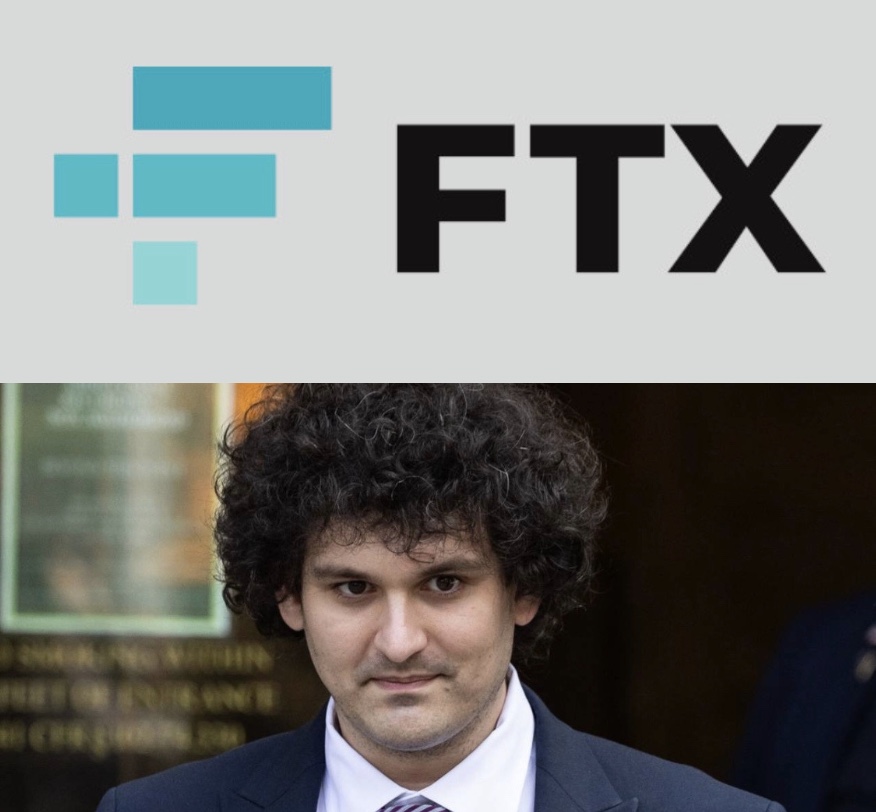Sam Bankman-Fried, the former cryptocurrency wunderkind and founder of the FTX exchange, has been found guilty on multiple counts of financial misconduct. The verdict comes after a tumultuous period for the crypto industry, with Bankman-Fried at the center of a scandal involving the misappropriation of vast sums of money. He was convicted of siphoning off billions of dollars from FTX customer accounts, funneling these funds into Alameda Research, a hedge fund and sister company to FTX.
The court found that Bankman-Fried not only misused customer funds but also engaged in deceptive practices to defraud lenders to Alameda Research. This hedge fund, which was supposed to operate separately, was discovered to have been using customer deposits from FTX to engage in its own trading activities. The blurred lines between the two entities and the lack of transparency were key factors leading to the guilty verdict.

The fallout from these actions was catastrophic. FTX, once a rising star in the cryptocurrency exchange space, filed for bankruptcy, sending shockwaves through the financial sector and eroding trust in the cryptocurrency markets. Investors and customers were left in disarray as the platform, which was valued at billions and had attracted significant investment from major financial players, crumbled almost overnight.
Bankman-Fried’s conviction marks a significant moment in the cryptocurrency world, highlighting the need for stricter oversight and regulation. His rapid rise and fall serve as a cautionary tale of the volatility and risks inherent in the crypto industry, especially regarding the management and protection of customer funds. The case has prompted calls for greater accountability and has set a precedent for how legal systems might handle similar cases in the future.











